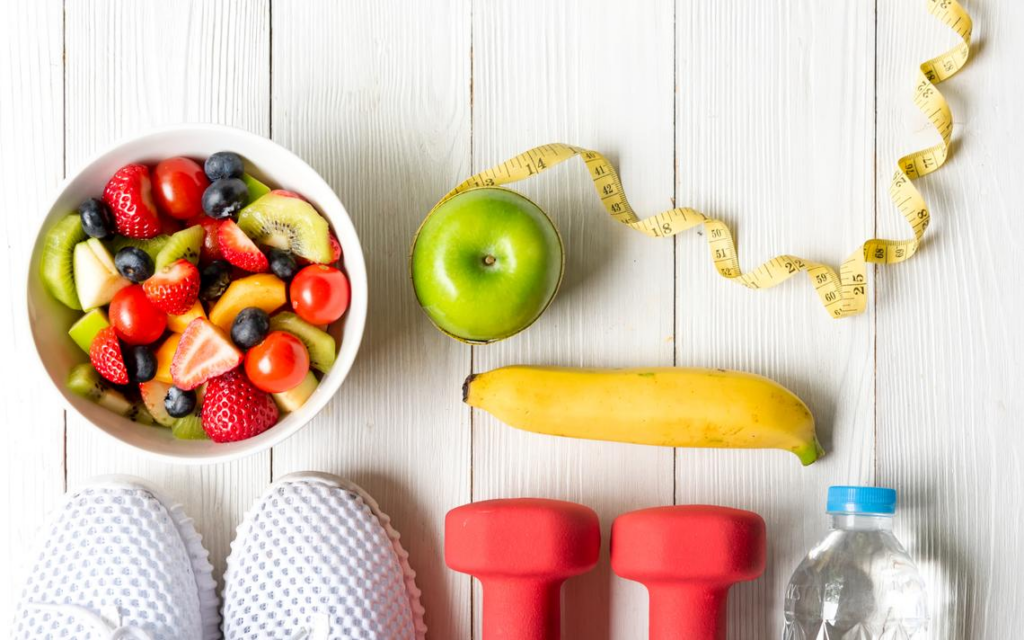From a very young age, we are all taught about the importance of a healthy and balanced diet. This is because, when you eat from the right food groups, you can obtain most of the nutrients that your body requires to support its normal function. 
But – is it that simple?
Within this guide, we will take you through the relationships between vitamins and diets. We’ll be answering the all-important question: can you get all your vitamins from food?
What Are Vitamins?
Vitamins are organic compounds that your body needs in small amounts. Most of these vitamins come from food, but there are a few instances that require extra interference.
There are so many vitamins to be aware of, with the following 13 being the most essential:
- Vitamin A
- Vitamin C
- Vitamin D
- Vitamin E
- Vitamin K
- 8 Different B Vitamins
Are Essential Vitamins Found In Food?
As mentioned previously, most people can obtain their essential vitamins through a healthy and balanced diet. According to NHS’ Eatwell Guide, you should:
- Eat 5 portions of fruit and vegetables every day
- Consistently eat dairy or dairy alternatives
- Eat protein like beans, fish, eggs and meat
- Include high fibre starchy foods in your meals (potatoes, bread, etc)
- Choose unsaturated fats and eat in small amounts
- Drink lots of water
If you consistently follow the above tips, your diet should provide enough vitamins for a healthy lifestyle.
When Supplementation Might Be Needed
As expected, there will be some situations in which supplementation might be needed. This is particularly true if you are in one of the following situations…
- Following A Vegan Lifestyle
A lot of vitamins are found in animal products, meaning vegans have to pay extra attention to the types of foods they eat. There are a lot of fortified foods out there, but in some cases, vegans choose to take supplements to safeguard their vitamin intake.
- When Pregnant
As expected, the body works twice as hard when pregnant! With this in mind, extra supplementation may be needed to support your pregnancy. However, this isn’t the case for every woman, and you should always seek expert advice from your midwife.
- When Food Isn’t Enough
While most vitamins are found in foods, there are some exceptions. Vitamin D is one of these exceptions; you absorb most of it via sunlight, instead. However, during the colder months, it’s not always easy enough to get vitamin D from the sun alone. Due to this, many people choose to take vitamin D tablets on a daily basis.
To summarise, in most cases, you can get all of your vitamins from food. If you feel that your diet or lifestyle isn’t supporting your nutritional needs, seek help from health professionals. They will be able to advise you on next steps and potential supplementation options.
Related Posts: